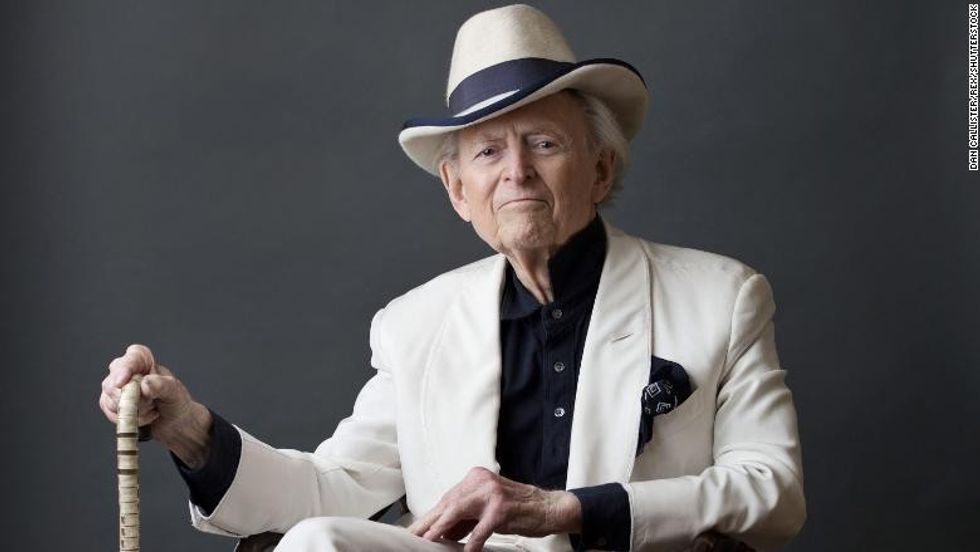In Search Of Canada's Literary Tom Wolfe
He will not be remembered as a great novelist, but as one of the best American magazine writers yet and there needs to be an equal to his narrative skills here in Canada.

By External Source
I am currently reading a great deal of contemporary Canadian fiction, as I am compiling an anthology. I am struck, as I always have been, by the great sad turgidity of most of it, the focus on the domestic setting, the family, the marriage, the kitchen in the small town, dad’s pickup truck. Mom is dying now and still smoking, dad is still an alcoholic and there is a trauma in the past we never really got over. Nobody lives in a city, unless they are there to write a thesis on something obscure and also dating a guy who has a shack on an island. Nobody works in finance or politics. There are no lawyers or advertising executives in Canada, apparently, nobody with an interesting job. There are no techno clubs or operas or ballets or fetish parties, no arguments about the Middle East or bitcoin. My frustration with the narrow tropes of CanLit is exactly the same as it was when I was an undergrad in the late 1980s and dreamed of overthrowing this boomer-imposed thematic dominance with a generation of urbanites who would write about subways and warfare and all the other things that journalism takes on. Nothing has changed.
And I realize now that I am rewriting, once again, the argument that Tom Wolfe made at the time, in his essay in Harper’s, Stalking the Billion-Footed Beast. In 1989, that was the manifesto I was longing for. It argued that in the United States, creative writing programs had changed an ambitious literary history into an introverted obsession with the small and the personal. It had become artsy and paltry.
– Excerpted from Tom Wolfe’s howl in the literary wilderness still resonates in Canada by Russell Smith, Globe & Mail, May 17 2018

















